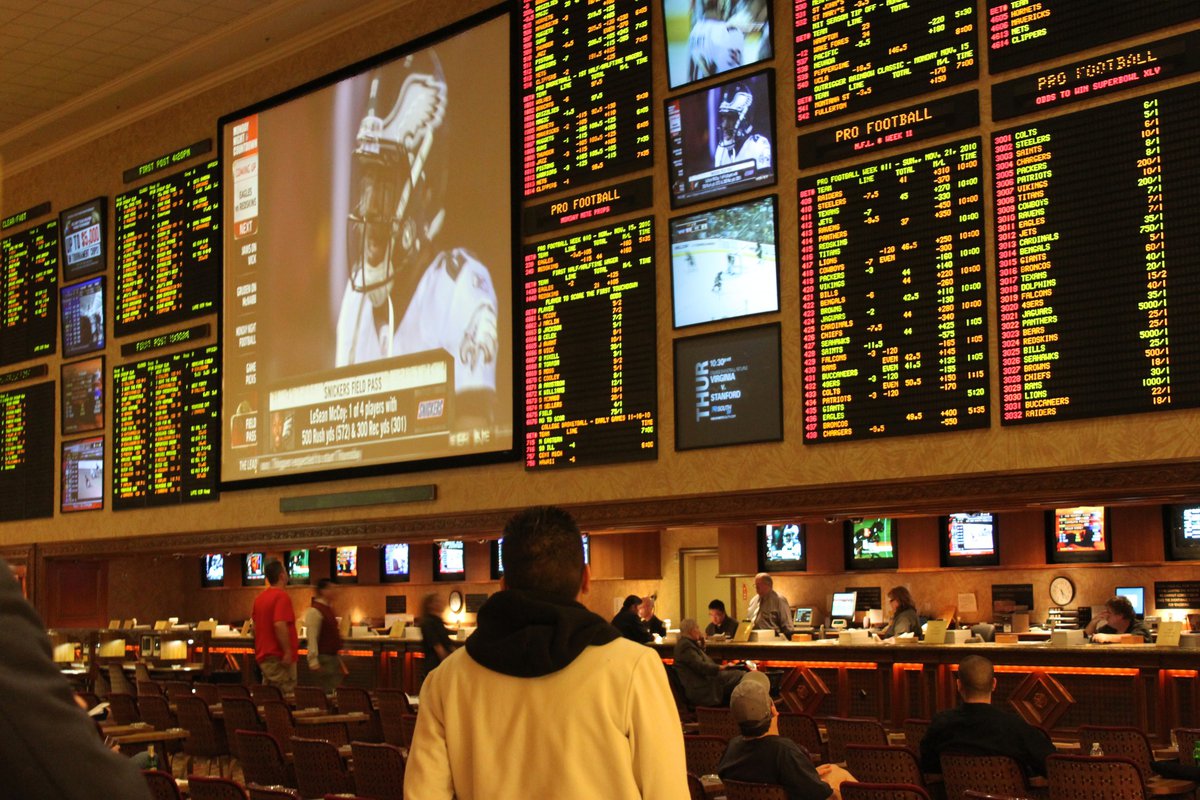The fact that legal sports betting has become the economic lifeblood of the sports world is hardly new. As soon as the U.S. Supreme Court struck down a federal law in 2018 that had banned sports betting in most states, the cash register started ringing, and each year it gets more cacophonous.
A decade ago, sports betting was legal in only one state—Nevada. Today, thirty-eight states allow the practice. This means that in much of the country, we can access sports apps like FanDuel and DraftKings on our phones, turning every handheld device into a mini-casino. Gambling is branded on every inch of our screens during a typical broadcast, like catnip for humans. It particularly attracts young sports consumers, who are at the heart of a gambling epidemic spreading across the United States.
The leagues—who are morally culpable for this—are whistling past the graveyards of their future as game-fixing scandals have already begun to surface, and fans angered by gambling losses are threatening players and coaches.
None of this is surprising. But what is shocking and dispiriting is how legal sports gambling has shaped sports coverage. ESPN, “the worldwide leader in sports,” now has its own sportsbook called ESPN Bet, which is prominently featured on the company’s website and in all of its sports coverage. Trusted SportsCenter anchors parrot gambling odds with the regularity of a metronome.
And it’s not just ESPN that does this. All sports coverage has linked coverage of the games with the world of wagers. While the move is unquestionably lucrative, it has eviscerated any credibility that sports media outlets had when covering the most impactful sports story of our times: the incursion of gambling into sports.
The story of Jontay Porter is a disturbing example. The former forward for the Toronto Raptors was recently banned from the NBA for life after he was found to be betting on games he played in and sharing insider information with other gamblers ahead of matches. In doing so, he burned to the ground a career that could have made him millions of dollars in exchange for a few thousand dollars in winnings.
“There is nothing more important than protecting the integrity of NBA competition for our fans, our teams, and everyone associated with our sport, which is why Jontay Porter’s blatant violations of our gaming rules are being met with the most severe punishment,” NBA Commissioner Adam Silver piously remarked.
For its part, the National Basketball Players Association pledged to “continue to provide all players with training materials to ensure they understand how to properly navigate the complex sports betting landscape.”
To be clear, there is no integrity in an operation that surrounds itself with legal gambling and then acts shocked when one of the players is sucked into that world. It’s hypocrisy of the highest order, like when Claude Rains is “shocked!” to learn that gambling is occurring at Rick’s Café.
Additionally, the comments by the players union seem aimed more at protecting the golden goose than the players. There isn’t anything complex about it—it’s gambling profits over the protection of the players and fans.
Yet Porter’s story appears almost as an afterthought on ESPN. It was briefly discussed during a Denver Nuggets game because Porter’s brother Michael is a starting forward for that team. The announcers described the shocking news of the lifetime ban by saying only that Michael Porter was “playing with a heavy heart.” On the basketball court at the time was an advertisement for a gambling app. Within minutes of the brief exchange, the discussion switched to betting lines and parlays.
This is madness. No one is minding the store in the world of sports media. No one is sounding the alarm that sports betting could, in fact, destroy sports. If fans start believing the games are fixed—or even just influenced by players or referees—the entire edifice of fair competition crumbles.
In the midst of all of this, The New York Times has eliminated its sports page, subcontracting it to a company, The Athletic, which has its own fingers in the gambling pie.
No one is pointing at the arsonists and shouting “fire.” The world of sports media needs reform and more resources. Otherwise, it will be complicit in the warping of this country’s sports landscape forever.
June 27, 2024
1:05 PM

